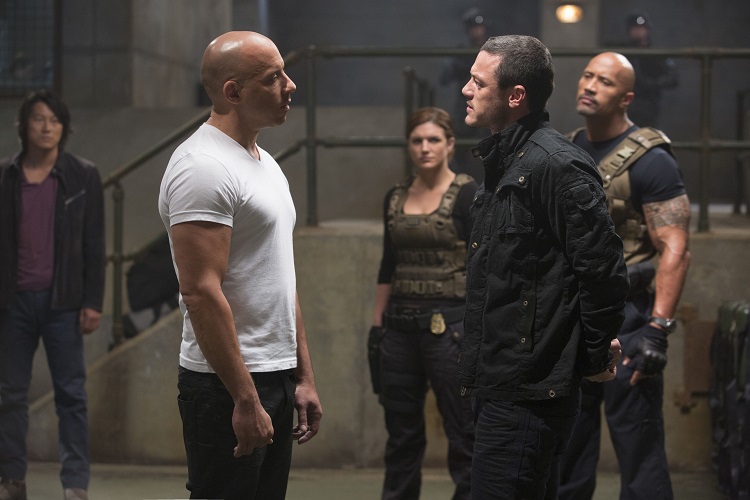Movies have long been a source of entertainment, but they possess a remarkable ability to go beyond mere amusement. They are a powerful form of artistic expression that can inspire, provoke thought, and influence society in profound ways. In this article, we delve into the art and influence of movies, exploring how they transcend their role as entertainment and become vehicles for storytelling, cultural reflection, and social change.
Table of Contents
The Power of Visual Storytelling
Movies have a unique advantage in their ability to combine visuals, sound, and narrative to tell compelling stories. The visual medium allows filmmakers to create immersive worlds, evoke emotions, and convey complex ideas in a way that captivates audiences.
From the imaginative storytelling of animated films like “Toy Story” to the epic narratives of films like “The Lord of the Rings” trilogy, 123movies alternatives have the power to transport viewers to new realms and leave a lasting impression.
Reflecting and Shaping Culture
Movies are not just a reflection of culture; they also have the power to shape it. They provide a lens through which we can examine societal values, beliefs, and conflicts. Films like “Black Panther” and “Crazy Rich Asians” have shattered stereotypes and celebrated diversity, while movies like “Moonlight” and “Brokeback Mountain” have contributed to broader conversations about LGBTQ+ experiences. By presenting diverse stories and perspectives, movies can challenge preconceived notions and foster empathy and understanding.
Cinema as Social Commentary
Throughout history, filmmakers have used the medium of cinema to comment on social and political issues. Movies like “Schindler’s List,” “12 Years a Slave,” and “The Handmaid’s Tale” have confronted audiences with the horrors of injustice, while films like “Spotlight” and “The Big Short” have exposed systemic corruption.
These movies can raise awareness, prompt discussions, and inspire action, making them powerful agents of social change.
The Influence of Film on Popular Culture
Movies have a profound impact on popular culture, shaping fashion, language, music, and even societal trends. Iconic films like “Star Wars” and “The Matrix” have given birth to dedicated fan communities, inspiring cosplay, fan fiction, and conventions.
Memorable quotes from films become part of everyday conversations, and film scores become synonymous with emotional moments. Movies have the power to infiltrate our collective consciousness and become enduring symbols of cultural significance.
The Craftsmanship of Filmmaking
Behind every captivating movie, there is a team of talented individuals who bring the vision to life. From directors and screenwriters to cinematographers and editors, filmmaking is a collaborative art form that requires a multitude of skills and craftsmanship.
The art of storytelling through film involves careful planning, artistic choices, and technical expertise. The craft of filmmaking is as integral to the art and influence of movies as the stories they tell.
Movies as Escapism and Empathy
Movies have a unique ability to provide both escapism and empathy. They allow audiences to step away from their own realities and immerse themselves in different worlds and experiences. Movies like “E.T. the Extra-Terrestrial,” “The Wizard of Oz,” and the Harry Potter series transport us to magical realms where we can momentarily forget our worries. Additionally, movies like “The Pursuit of Happyness” and “The Fault in Our Stars” can evoke deep emotional connections, fostering empathy and understanding for the struggles of others.
Conclusion
Movies go beyond entertainment; they are a powerful form of artistic expression with the ability to influence and shape society. Through visual storytelling, movies can reflect cultural values, challenge norms, and inspire social change. They have the power to evoke emotions, foster empathy, and transport us to new worlds.










